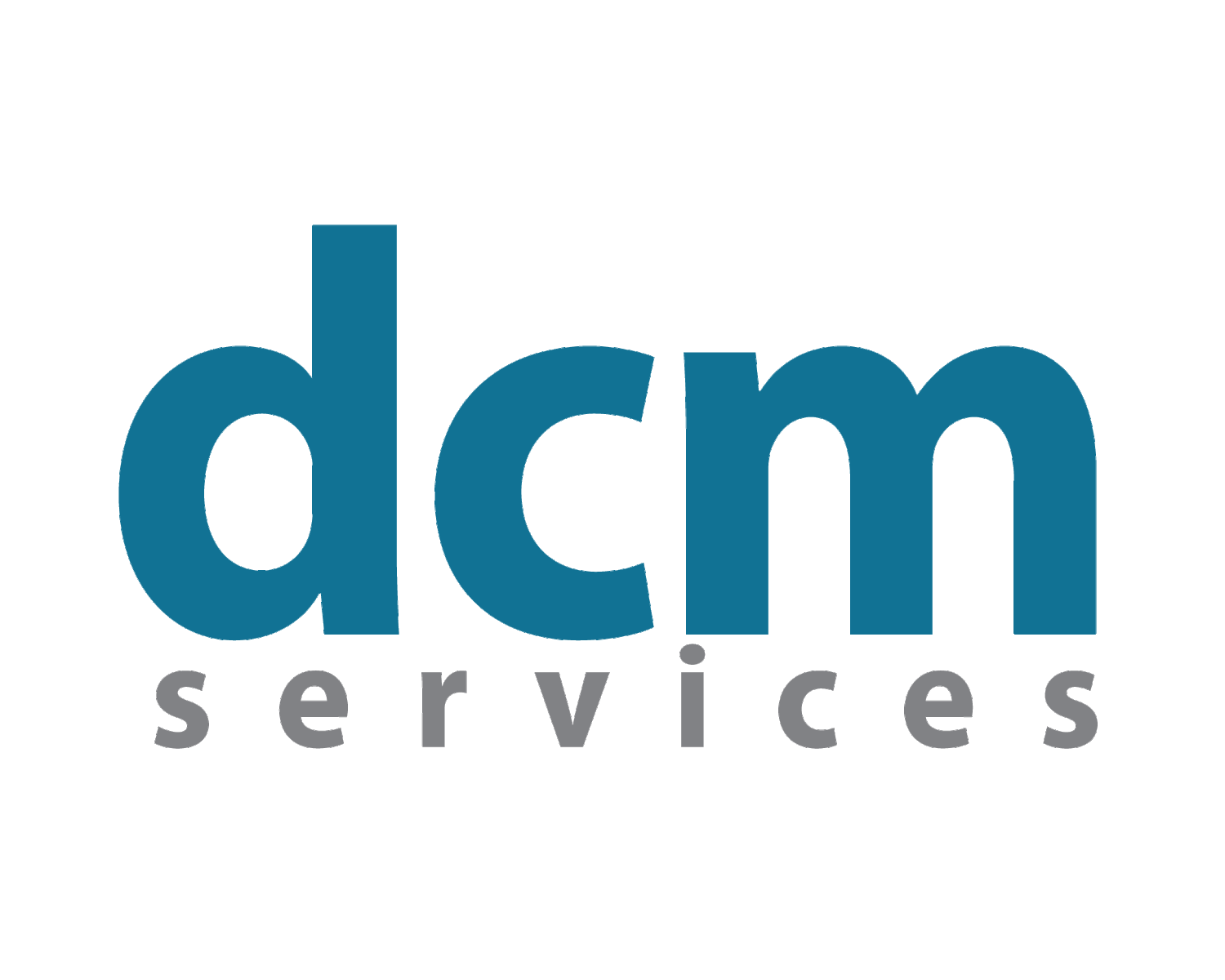By Matt Rehnelt, Business Development Manager
Creditors can find handling deceased accounts and navigating the probate process complex and time-consuming. Many creditors outsource their estate identification and probate processes to streamline operations and ensure compliance with legal requirements. This article explores why outsourcing can be advantageous, supported by industry sources and insights.
1. Expertise and Specialization
Outsourcing estate identification and probate processes to specialized firms or service providers ensures access to expertise in navigating complex legal and regulatory landscapes. These firms often have dedicated teams with deep knowledge of probate laws, estate administration, and asset recovery strategies. According to a report by Deloitte, outsourcing specialized functions allows organizations to leverage external expertise, leading to improved efficiency and compliance.
2. Cost Efficiency
Outsourcing can lead to significant cost savings compared to handling estate matters in-house. External providers typically operate on economies of scale, reducing overhead costs associated with staffing, training, and maintaining specialized software or databases. The American Institute of CPAs highlights cost reduction as a critical benefit of outsourcing estate administration, citing lower administrative costs and enhanced resource utilization.
3. Timely and Efficient Process
Outsourcing firms are equipped with streamlined processes and technologies that expedite the identification of deceased accounts, asset tracing, and probate filings. This ensures faster resolution and reduces the risk of delays in recovering outstanding debts. Industry studies show that outsourcing estate administration improves turnaround times for asset recovery and estate settlement, minimizing potential revenue loss for creditors (PwC).
4. Mitigation of Legal and Regulatory Risks
Professional estate administrators understand and adhere to stringent legal and regulatory requirements governing probate processes. By outsourcing, creditors can mitigate non-compliance risks, legal documentation errors, and regulatory penalties. The Consumer Financial Protection Bureau emphasizes the importance of compliance in handling deceased accounts, recommending outsourcing as a strategy to ensure adherence to regulatory standards.
5. Focus on Core Business Activities
Outsourcing estate administration allows creditors to refocus internal resources on core business activities such as customer service, debt recovery, and strategic planning. This enhances overall operational efficiency and supports long-term business growth. Harvard Business Review articles advocate outsourcing non-core functions to optimize organizational performance and maintain competitive advantage.
Conclusion
Outsourcing estate identification and probate processes offer creditors numerous benefits, including access to specialized expertise, cost efficiency, timely resolution, risk mitigation, and enhanced focus on core business activities.
In the competitive financial sector, partnering with a reputable service provider like DCM Services streamlines the management of deceased accounts and positions creditors for long-term success. Embracing this strategic approach enables creditors to optimize their operations, enhance service delivery, and foster sustainable growth.

